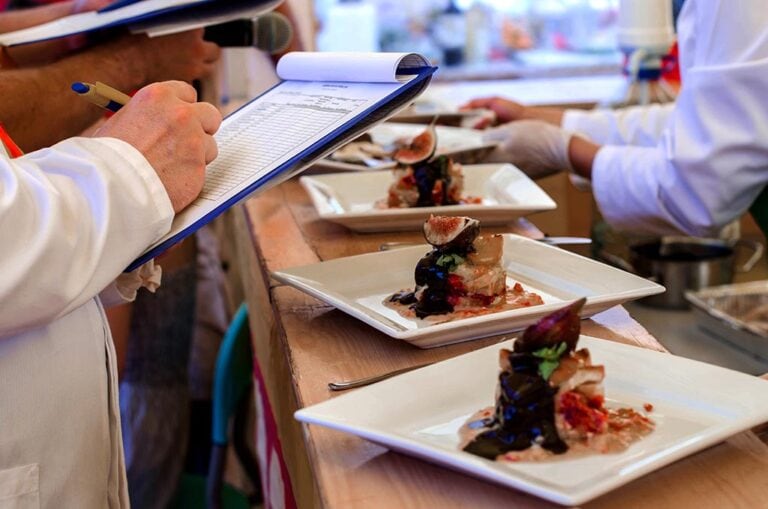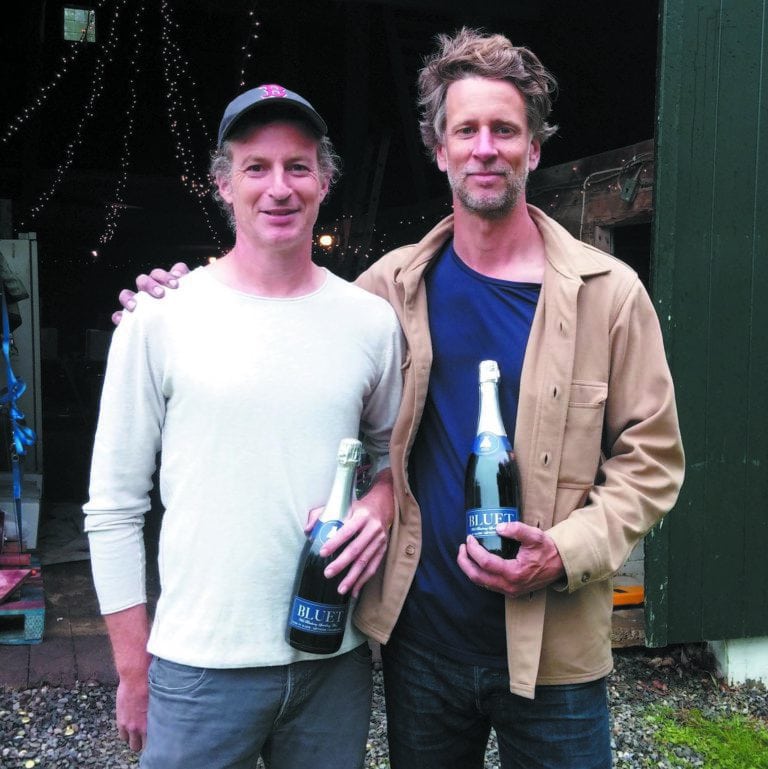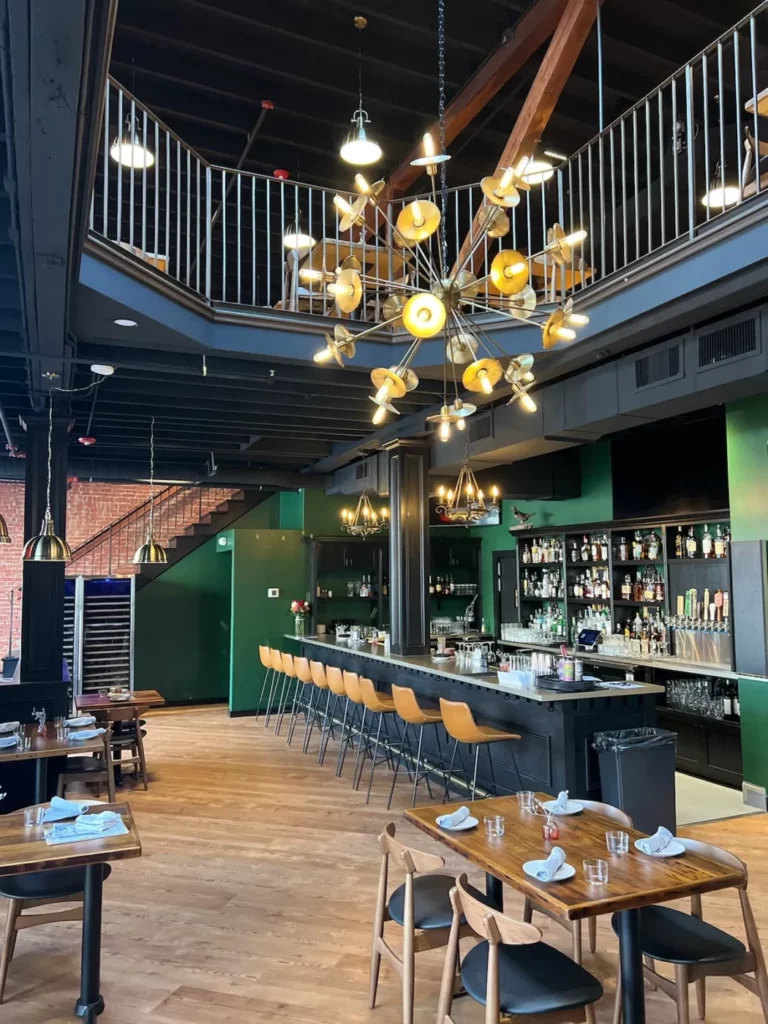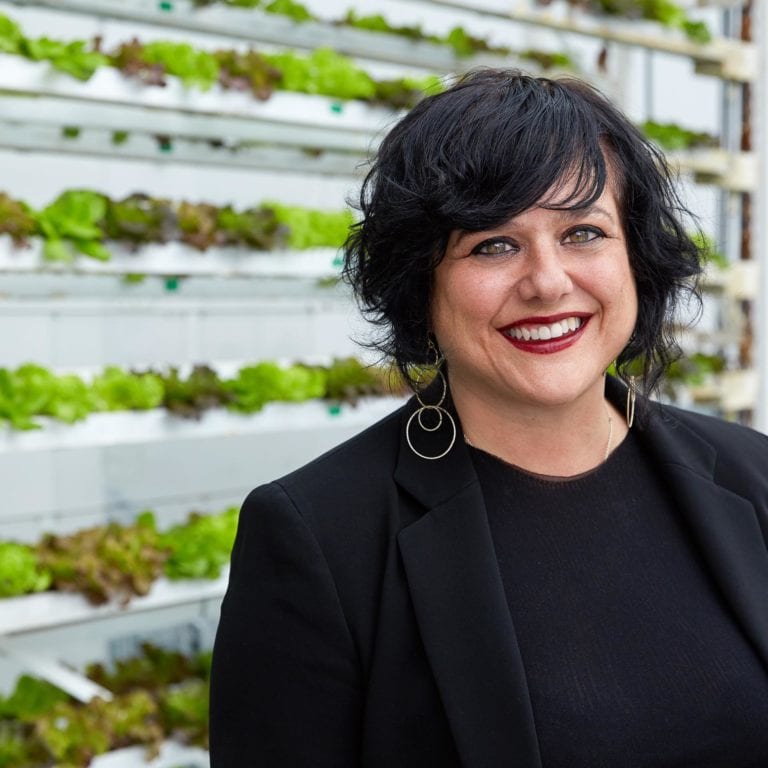The history of the land we now call Maine is as interesting as it is varied. Born of the Ice Age and first home to Indigenous peoples, this bold landscape has undergone vast geographical, political, and economic transformations over thousands of years, a storied past that has molded our state’s modern-day identity. During the days of the early settlements starting at Popham in 1607, families tried to forge a life amid the harsh climate, land disputes, and lack of regulation on the frontier. This included growing crops for sustenance and working in seasonal trades such as fishing and lumbering.
During this time the first inns and taverns appeared, resting stops for weary travelers and gathering places for locals in the absence of formalized town centers. These establishments weren’t just for eating, drinking, and entertainment; they were also vital public institutions and venues for debate and discussion during the era. Social events and civic meetings were held, and people of different socioeconomic backgrounds could mingle and exchange ideas. Alongside churches and meetinghouses, inns and taverns were essential to the colonial way of life.
After Maine gained its statehood in 1820, there was a period of tremendous economic growth, with hydro-powered factories and manufacturing industries such as leather, textiles, and paper flourishing alongside the traditions of farming and fishing. Following the Civil War, farming changed dramatically with the introduction of the railroad in the Northeast, resulting in larger, commercial operations. The world was changing, and so was society. As industry took over and transportation increased, people were given more choices than ever, and the attractive availability of far-off goods pushed out many small businesses.
Today, businesses owned and operated by families for generations are becoming rarer; the idea of a local establishment where patrons can dance, listen to music, and enjoy food from local farms is somewhat of an anomaly. But these types of businesses do exist, and they are gaining traction in their communities. Maine is a place where people value local food, community, and livelihoods, and the businesses that are emerging—and succeeding—prove that a connection to community is just as important now as it was back in the early colonial days.
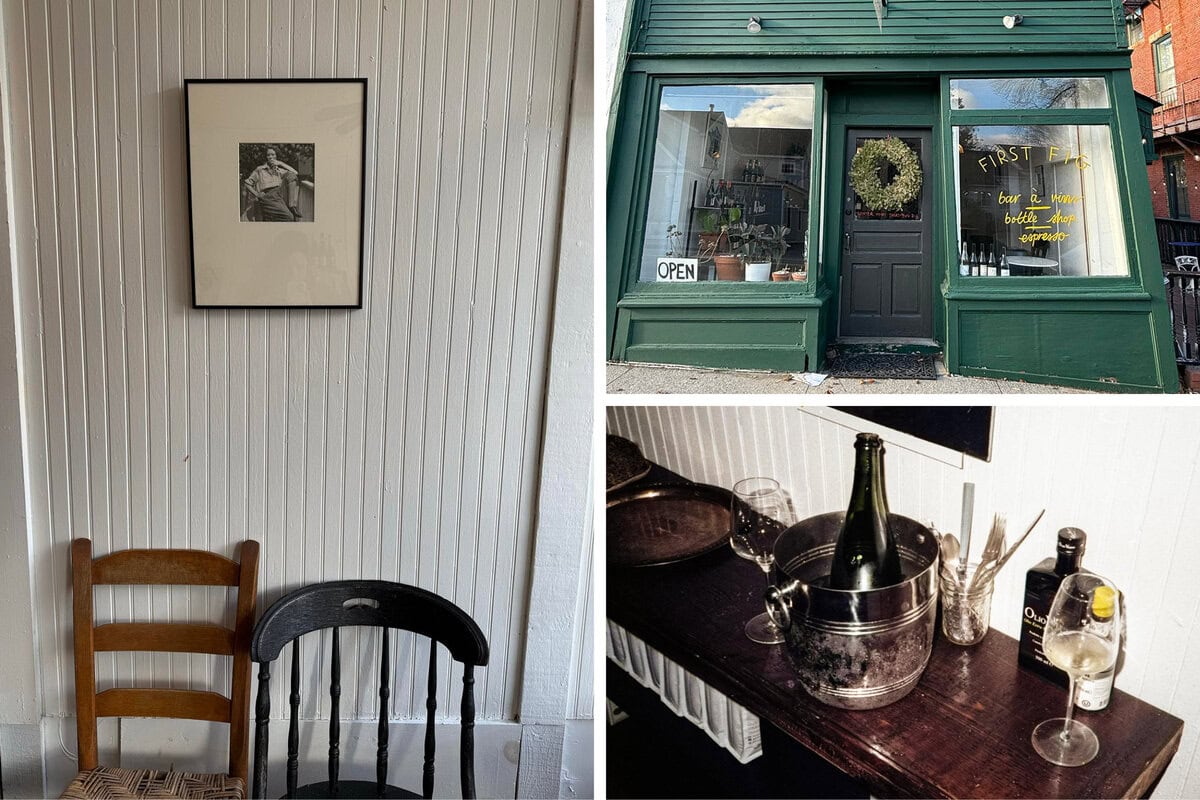
Joanna Spinks, owner of First Fig wine shop and bar on Elm Street in Camden, built her business on the idea of community. Opened just over a year ago, the modest, inviting space is one of only a few buildings on Elm Street that survived the 1892 Great Fire of Camden. Its old walls have been revived into a modern exploration of both wine and culture.
“The reason I wanted to open a wine bar is because I saw how important it is for people to have a place to meet,” says Spinks. “It’s really fundamental.” She credits her Irish father for instilling in her the significance of public meeting places: “It’s so engrained in me. It’s where people exchange ideas about politics and everything. It keeps democracy alive.” Wine is the focus of the shop, of course. First Fig’s philosophy centers around accessibility, demystification, and promoting wines that are farmed organically from small producers, including those in Maine.
Spinks, who previously worked for Oyster River Winegrowers and Devenish Wines, has built relationships that support both herself and the livelihood of these local growers and distributors. Beyond championing and offering a natural-leaning, distinctive selection, wine at First Fig serves as the catalyst for a broader cultural and community movement in Camden. People can gather at the establishment to catch up with friends, listen to poetry, host events, or simply have a conversation with other community members.
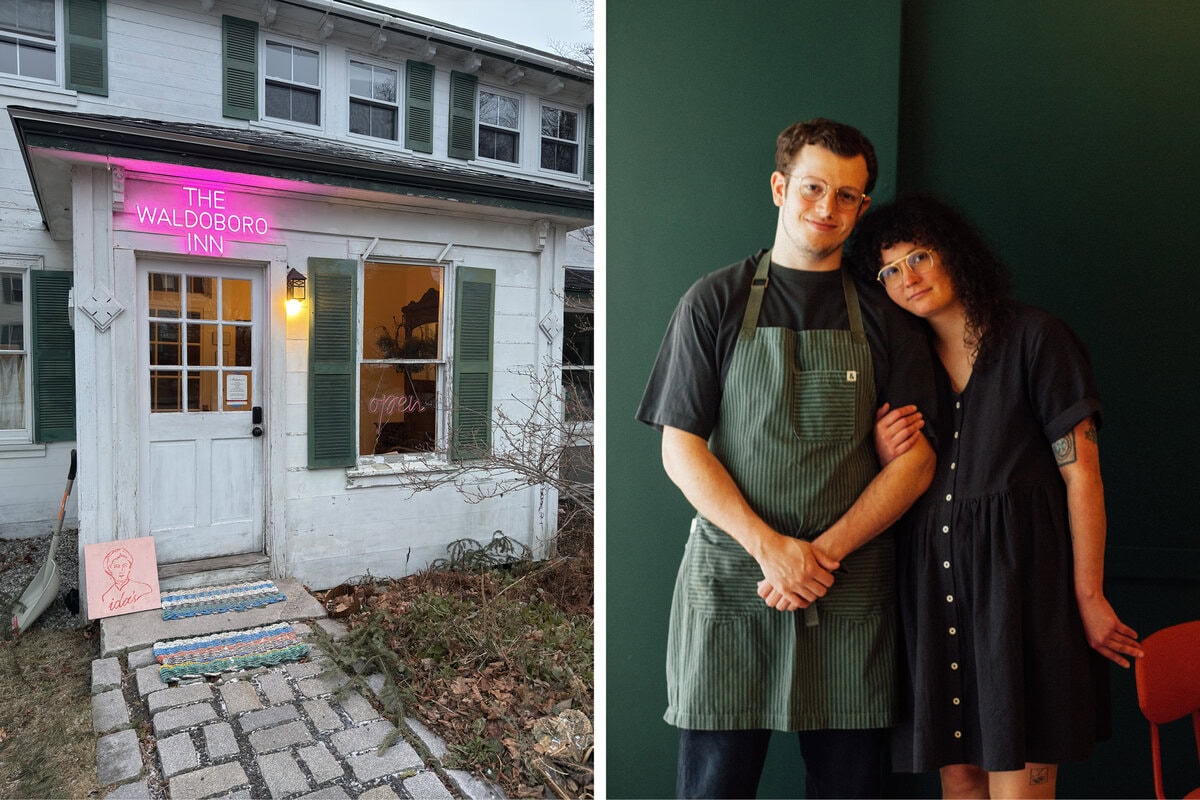
This ethos is in good company in Camden and other places along the Midcoast. Thirty minutes southwest in Waldoboro, Alexa Stark, proprietor of the Waldoboro Inn, has also shaped her business around the influence of meeting places. Built in 1880 as the home of a renowned Waldoboro ship captain, the residence-turned-inn is an eclectic mix of antique furnishings, upcycled décor, and statement pieces from her father’s extensive art collection.
As a sustainable fashion designer, Stark brings her creative sensibility to the inn, a place that satisfies her desire to offer a community space with infinite possibilities. “An inn is all-encompassing,” she says. “You can do anything in it because it’s a commercial space. You can sleep people, feed people. It’s a weird little bubble it sits in.” With five unique rooms, a wine bar called Ida’s, food pop-ups by Waldoboro-based Crooked Spoon Co. and Wiley’s in Rockland, an artist-in-residence and a wedding program, the inn has pushed the boundaries of what it can offer the Waldoboro community and beyond.
“Churches and schoolhouses used to be event spaces for communities,” says Stark, “and there used to be buildings on roads that would just be a community space.” Today, though, “it kind of falls on business owners in a way to become those places. Being able to transform the inn for a craft circle or community activism or a workshop is special because it becomes almost like the town square. A lot of people are coming here, and it has expanded our community.”
Winona’s, a new restaurant serving a constantly evolving, seasonal six-course menu in downtown Camden, uses its frequent changeover as a point of community connection. Co-owners Hannah Adams and Devin Dearden have been encouraged by the reception so far: “A lot of our regulars are excited for the next menu and come in every three weeks,” says chef Dearden. “Some even come more than once in that three-week span. I think it’s fun to have variety—when we go out to eat, we split things. It’s great when people are down to trust us and leave happy.”
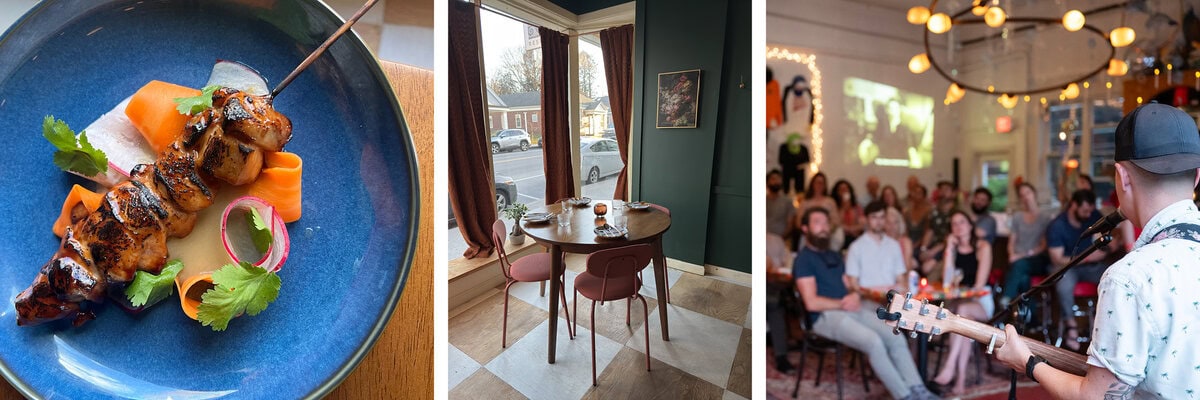
Winona’s works with as many local purveyors as possible, sourcing greens and vegetables from organic Morning Dew Farm in Newcastle, artisanal cheese from Lakin’s Gorges in Waldoboro, and fresh seafood from Jess’s Market in Rockland. And they’ve made other mutually beneficial relationships, sometimes right down the street: “We don’t really do dessert, so sometimes we refer people to Joanna’s [First Fig] next door,” says Adams. “She has an espresso machine and tea. It helps us because it’s a part of service we don’t have to worry about. All these things can exist together—we’re all kind of doing something different.”
On the opposite side of Elm Street, eclectic Lucky Betty’s is offering its own brand of different: This funky, approachable garage-turned-bar is a place where you could encounter anything from a rowdy group of college kids to an 80th birthday party. Owner Daiva Deupree didn’t ever plan on this kind of appeal, making the success of her business unmistakably authentic. “It was kind of accidental,” she says. “The whole community thing was a very pleasant surprise. I ran this bar like if I were throwing a party, and that turned into this nice community vibe.”
Community collaborations and events are part of the fabric of Lucky Betty’s, where oyster nights, drag performances, movie showings, and jazz color the weekly grind. Partnering with local restaurants and purveyors such as Weskeag Oyster Company, Uproot Pie Co., and Costa Rican eatery Costa Media supports the local neighborhood business scene, but Lucky Betty’s doesn’t want to stop there. Deupree, who is involved in natural disaster relief work and previously taught underserved youth, hopes she can expand the business to hold more community drives at the bar and someday even host an afterschool program.
Whether a bar, an inn, a restaurant, or a wine shop, these businesses represent more than just nourishment or hospitality, even if doing so wasn’t their original intent. The thirst for a return to community is evident in the enthusiasm they’ve garnered for offering something more than their business description: a sense of togetherness. “Food and drink—that’s what everyone gathers around,” says Stark. “It makes sense that these places would become more than that.”







